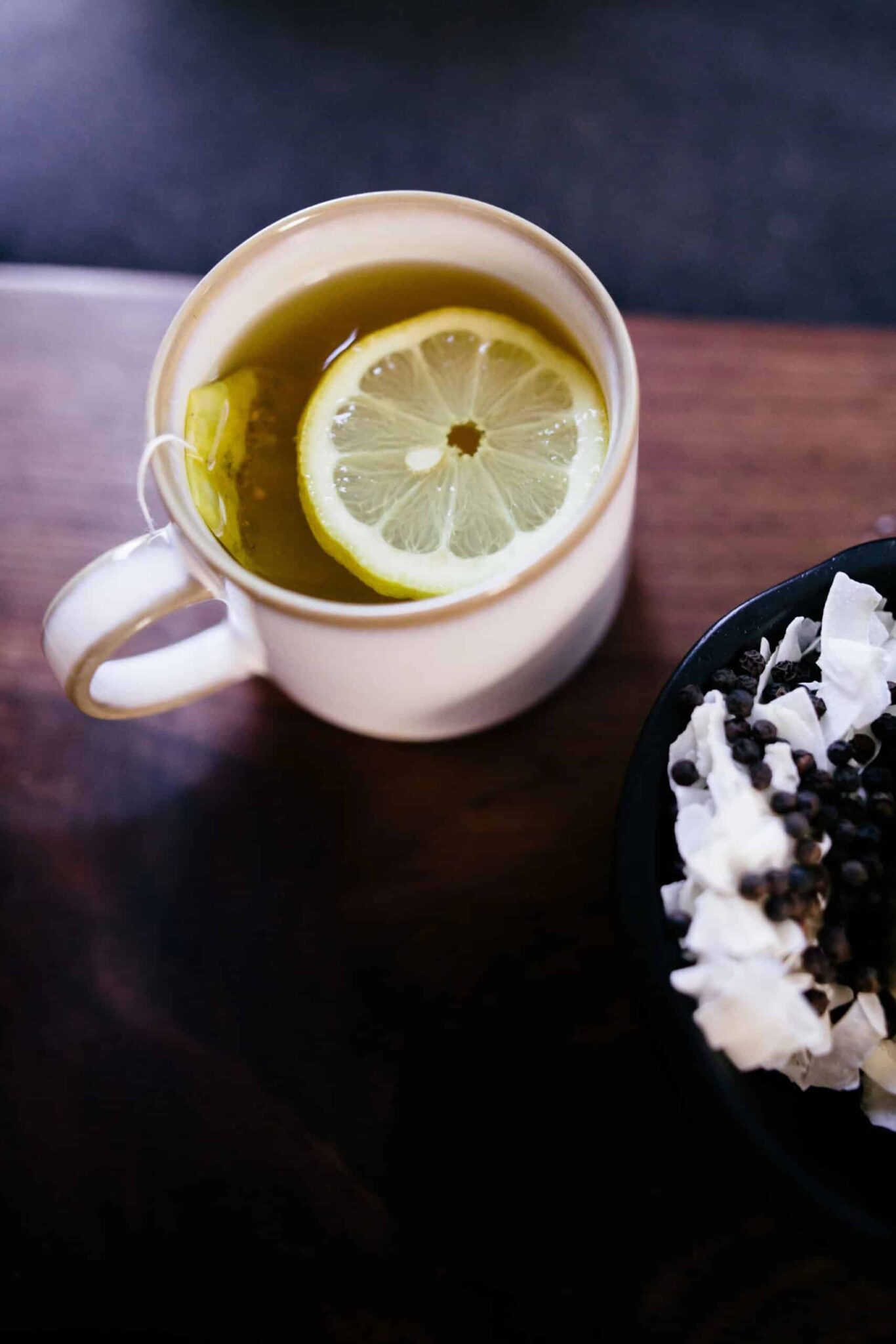
Stress & Your Skin
Stress by definition is a state of mental or emotional strain or tension resulting from adverse or very demanding circumstances. The term “fight or flight” response comes from the release of hormones like cortisol and adrenaline, which in times of our ancestors was necessary for survival when there was a perceived threat. Nowadays there are fewer situations where this response is needed to survive however, stress, anxiety, and even depression can still trigger the release of hormones.
Constant stress will cause an excess of adrenaline leading to elevated levels of cortisol (aka stress hormone) which move their way through the body via the bloodstream affecting all of your organs including your skin. Cortisol and adrenaline not only increase your oil production, but they change the consistency of the oil to be much thicker and heavier. This can lead to pores becoming clogged causing a breakout.
When the body is stressed it can still perceive the situation as a threat and your immune system will step in to get things under control. The immune system responds with inflammation with the intention of starting the healing process, but if the stress load is constant the inflammation will be as well. When your immune system is compromised the skin can become sensitized or reactive and cause a flare-up of skin conditions like psoriasis and eczema or even rashes and hives.
One of the less known side effects of stress on the skin is fatigued skin. As mentioned previously the body will perceive stress as a threat and divert blood flow and circulation to more vital organs such as the heart, lungs, kidneys, and brain. This means your skin will pay the price and with less blood circulation will appear more dull.
Everyone responds to stress differently but there are some universal things that will help alleviate the toll it takes on your body.
– Movement – even a 5-10 minute walk will release some “feel good” hormones to help your energy levels and your mood.
– Sleep – our body heals and repairs itself when we are sleeping.
– Diet – some turn to sugary, process foods to cope with stress which can lead to more inflammation in the body. Try reaching for some fresh fruits and vegetables instead.
– Skincare regimen – stress can cause you to feel fatigued and it may be tempting to skip your skincare routine, but as you read above the hormones released will make your routine even more important.
As we move into the holiday season stress levels tend to increase. Don’t forget to take time for yourself before you need it… perhaps a relaxing facial from your favorite esthetician ????